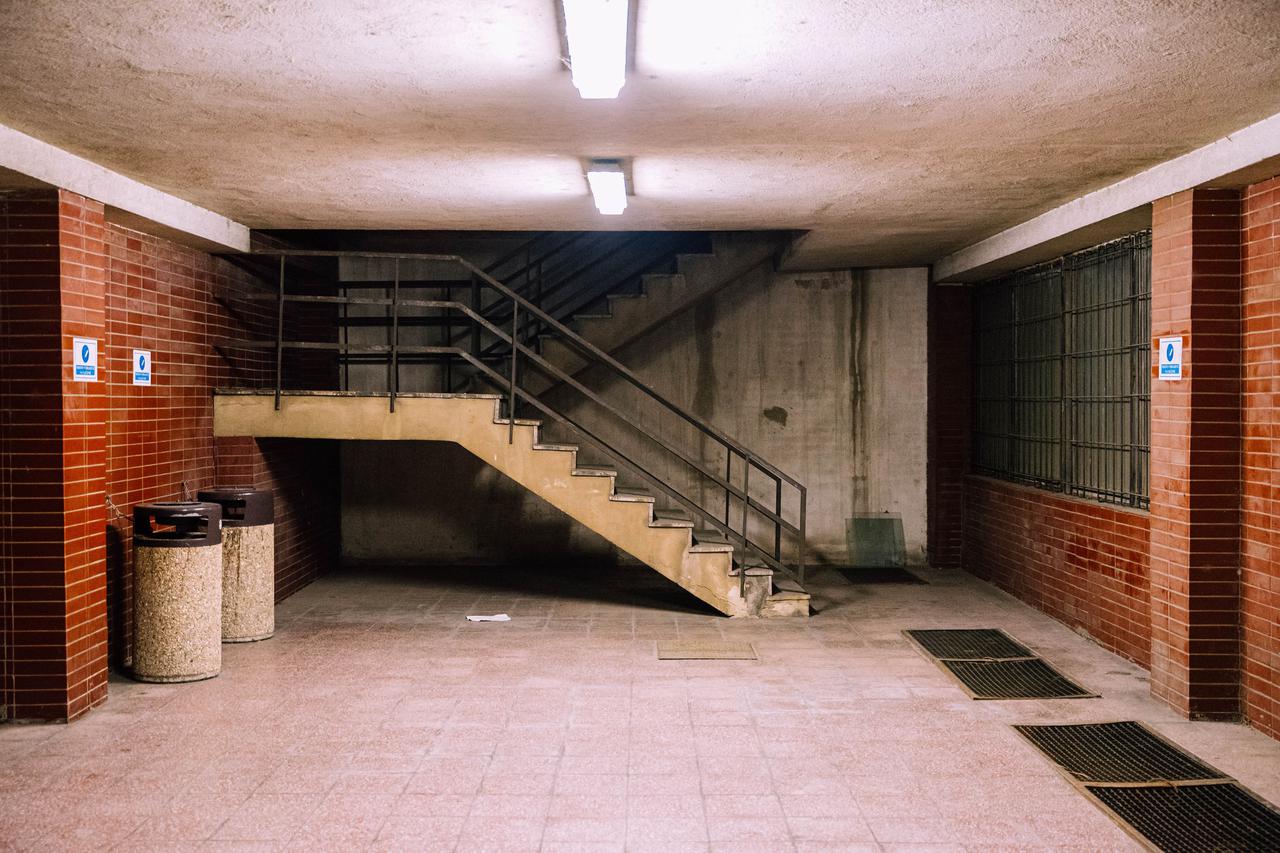
Depending on factors like seasons, day-to-day weather conditions, and the region in which you live, certain times of the year can make the interior temperature of certain parts of your home uncomfortable. Whether it’s too hot during the summer or too cold during the winter, the temperature outside can have an impact on how it feels inside, making it unpleasant to spend time in some of the rooms of your home.
Any part of your home can be impacted in this way, including your basement. When it comes to your basement, though, it isn’t just this area that may be affected; unpleasant temperatures here can affect the rest of the home, too, amplifying the effects you may experience in these areas as a result of poor or non-existent insulation. It’s for this reason that insulation is so important, particularly in your basement.
While it may be clear that you do need basement insulation in your home, it’s less clear how you should go about installing it. What kind of material should you use? How should that material be installed into your walls and ceiling? What factors might affect the process? We’ll explore these questions further in this blog post, as well as what basement insulation actually is and how the process of installing it may look for you.
Basement insulation serves much the same purpose as insulation for other rooms of your home in general: it controls the interior temperature of the space, protecting it from swings that could be induced by outside weather conditions. During a cold winter when temperatures drop below freezing, a well-insulated room will keep you warm; when the weather outside becomes excruciatingly hot (as may happen during the summer), this same insulation will maintain a cooler temperature.
Insulating your basement, though, offers some additional benefits than you might expect from insulating other areas of your home. As mentioned earlier, the temperatures you experience in your basement can affect the temperatures of other parts of a home, too; when you insulate the basement, it helps to regulate temperatures in these rooms, too. Even if these other areas are already insulated, doing the same for the basement can ensure this insulation offers its maximum benefits.
If you plan to insulate the basement, there are three main steps you should consider ahead of time: the material, method, and contractor you plan to use to get the job done.
It may be best to start by finding a reliable contractor; while you may be able to install insulation material on your own, you may also find it more beneficial to work with someone who’s experienced performing this work in your type of home. This can also be a great jumping-off point to determine the ideal material and method to use.
From there, the next best step may be to determine what sort of method will work best in your basement. For example, some insulation materials, like cellulose, require removing siding, drilling holes, and filling in the spaces of your walls and ceilings in pre-existing structures; whether this or other methods work in your space will play a substantial role in deciding what materials you can or should use.
Many different types of insulation materials exist, and some may be better fits depending on where you live, the type of home you live in, and the way the basement is structured. Once you have a contractor ready to help and understand what installation methods are suitable for your basement, you can make an informed choice and find a material that works for you.

Are you ready to insulate your basement? St. Louis Insulation can help. Book an appointment with us now to learn more about how we can help with your installation.